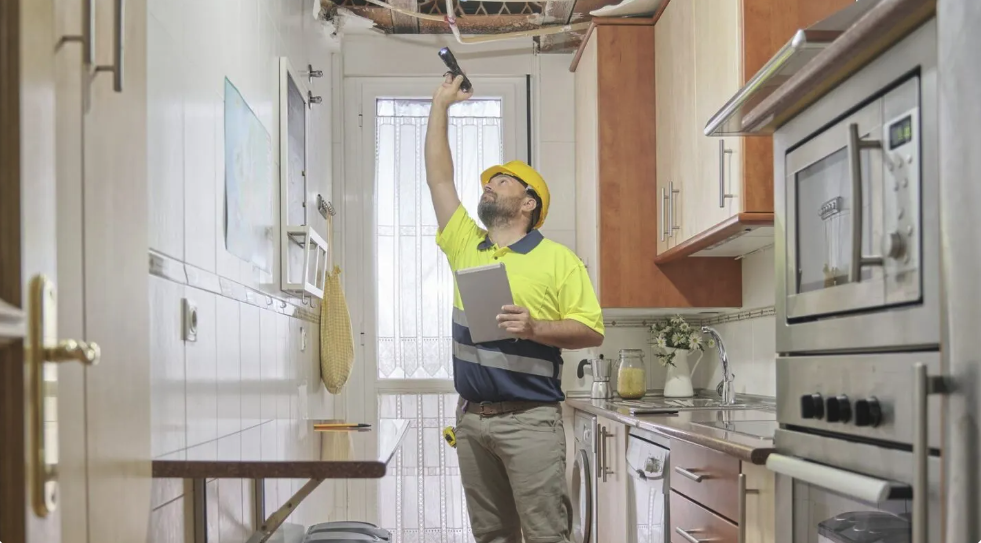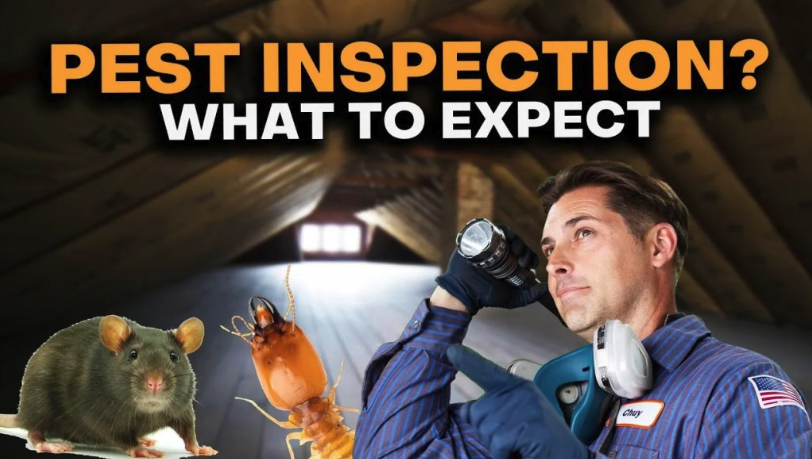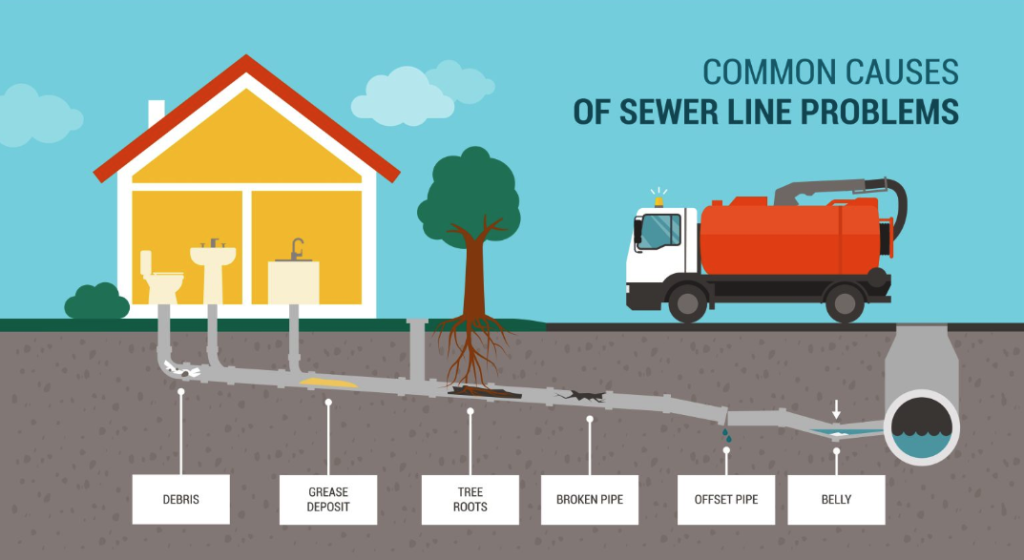In my last blog, I talked about buying a new home vs a pre-owned home. It is only normal for someone who is considering buying a pre-owned home, to be concerned about the condition of it. “How do I know if there’s anything wrong with the house?” is a very legitimate question. So, how is it that people buy and sell homes all the time and rarely they end up regretting it due to discovering something about the house later down the road? How do they make sure they’re not buying a money pit? How do they know if the A/C is not going to stop working and they have to spend 10K to get it replaced? How do they know if someone got murdered in that house?
This blog, is just about answering those question and showing you that there is a mechanism in place, a routine procedure that agents are educated on to make sure everyone, buyer or seller, is happy with the sale. Whether you’re a potential buyer or seller, this blog is going to educate you on “a part” of the process.
So, Peter is selling his house to Pam.
How will Pam know what she is buying? How can she make sure she’s not going to be regretting that she bought Peter’s house?

1) Inspections
Pam, with the help of her realtor, orders inspections. What kind of inspections?
–Home Inspection. Home Inspectors usually have a background in construction. Here’s a list of things they check: Heating & Central air conditioning system, Interior plumbing and electrical systems, rain gutters, attic, including visible insulation, walls ,ceilings ,floors, windows and doors, foundation, basement and structural components. Be aware that it’s not their job to take things apart and dig deep. For example they will check your A/C to see if it’s blowing cold air. They don’t open the unit up to check the condition of it. That’s why if they notice that something might be wrong, they will make recommendations like “Unit works but seems original. We recommend having it inspected by a licensed HVAC technician”. It’s up to Pam to decide if she wants to spend the $ to have it further inspected.

-Pest Inspection. The job of a pest inspector is to look for termite and dry rot (wood decay) and possible rodent activity. Some people confuse “pest control” with pest inspection in a real estate transaction. Pest Control is the company you hire to spray around your house for bugs, spiders and rodents. Pest Inspection is completely a different thing. Termite is not very common but some dry rot is always there. Rodent activity in the attic is also more common than one would think.

–Roof Inspection. Roof inspectors might climb on the roof (single story homes) or use a drone (two story homes). All inspections these days are followed with an “Inspection Report” with lots and lots of photos to help their customers.

-Sewer-line Inspection. This inspection is not as common as the other three but I always recommend it for older homes. Inspector sends a camera down the sewer-line to make sure there isn’t a blockage or a possible broken sewer line. Trees in the front yard can also have their roots damage the sewer line over time. (Mulberry trees in particular in Sacramento area are sewer-line destroyers.)

So, is that it? Pam does the above inspections and she is good to go?
No. There is more to it. We’re not done yet.
2) Seller Disclosures
Peter is going to sit down with his realtor and fill out what we call “Seller Disclosures” to disclose to Pam what he knows about the property. These are forms with a lot of detailed questions that Peter has to answer. By filling out these forms, Peter will tell Pam things like: the age of the roof, bathrooms, kitchen, A/C. Or the last time Peter painted the house of remodeled it. Or if someone has died in the house in the past three years or if this house was used as a meth lab. And it also asks Peter if there is any other issues about the house that Pam should know about. If Peter knows of any material facts about the the property and he doesn’t disclose it, Pam can take Peter to court. I don’t know of any sellers who welcome a law suit. Almost all the time, they are honest and don’t hold anything back. The two forms that Peter fills out to give to pam are Seller Property Questionnaire and Transfer Disclosure Statement.

3) Natural Hazard Disclosure
This is a property specific form which is ordered by the escrow company during the course of the transaction. As the name implies, it tells the buyer if the property is located in a fire zone, earthquake, flood zone, etc. Think of this scenario: Peter sells his lakefront house to Pam in June. In March, it rains and lake over flows and Pam’s house is now under water. Pam sues Peter because he didn’t disclose to her that the house is lakefront and it’s possible that it goes under the water if it rains 1000 inches in spring. Having this form generated and reviews by Pam, avoids such scenarios.

4) Agent Visual Inspection Report
During the course of the transaction, both, Peter and Pam’s agents will fill out a form called Agent Visual Inspection Report. In this form, agents will inform the parties (this really concerns the buyer more than the seller) what they have seen in the house. Things like cracks, holes in the walls, etc. This is as the name implies, a visual inspection. Also, this is the opportunity for the agent to disclose anything that might be material fact to the buyer. Story time: I was helping my sellers with the sale of their house. During an open house, a neighbor came by and told me that they have a hard time with street parking due to one of the neighbors having several cars. This topic had never come up with my seller clients, mainly because they only had one car which they parked in the garage. They never had to deal with this “problem”. I found it necessary and a part of my duty to the other side to disclose this. So I put that on this report to avoid any future phone calls or possible law suits. I always tell my clients that an important part of my job is to avoid future lawsuits.
I hope you liked my blog. I don’t use any AI to help me with them. I like to be genuine and write my own blogs, coming from my own experience. If you found it helpful, I appreciate if you send me a feedback.
